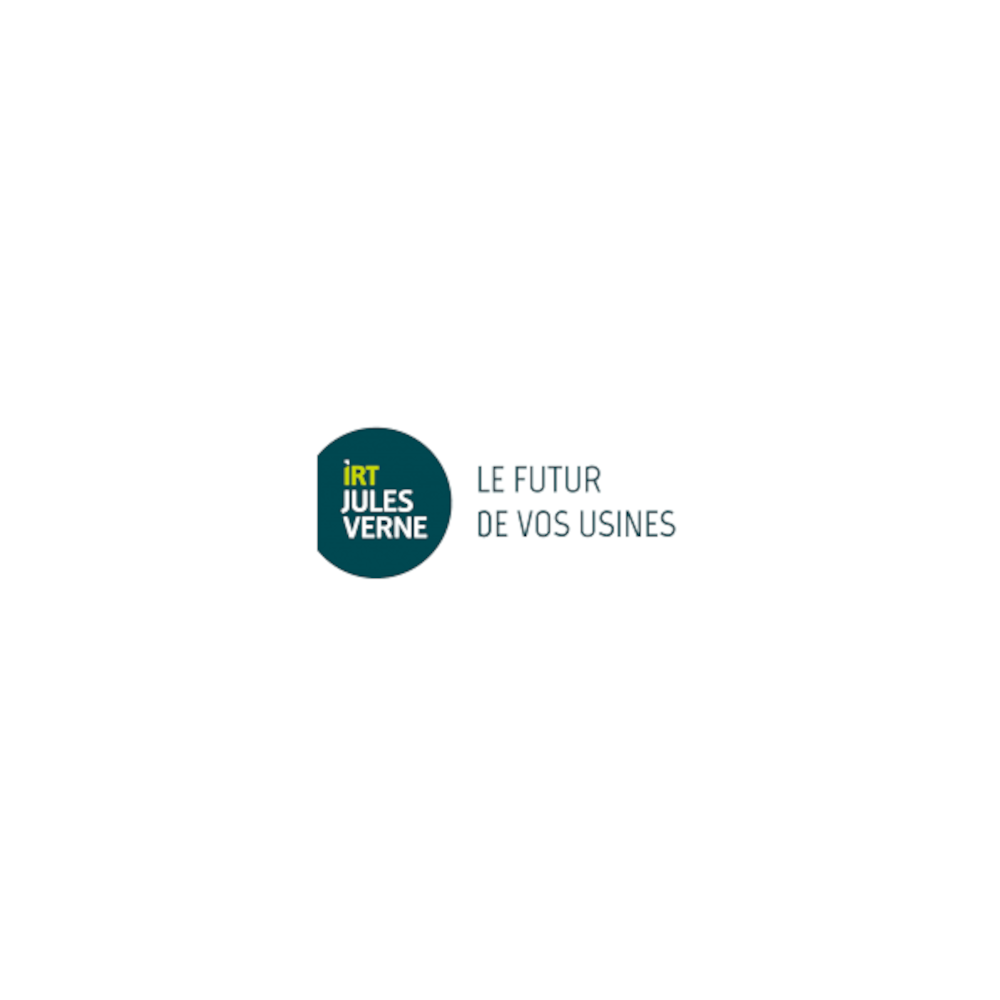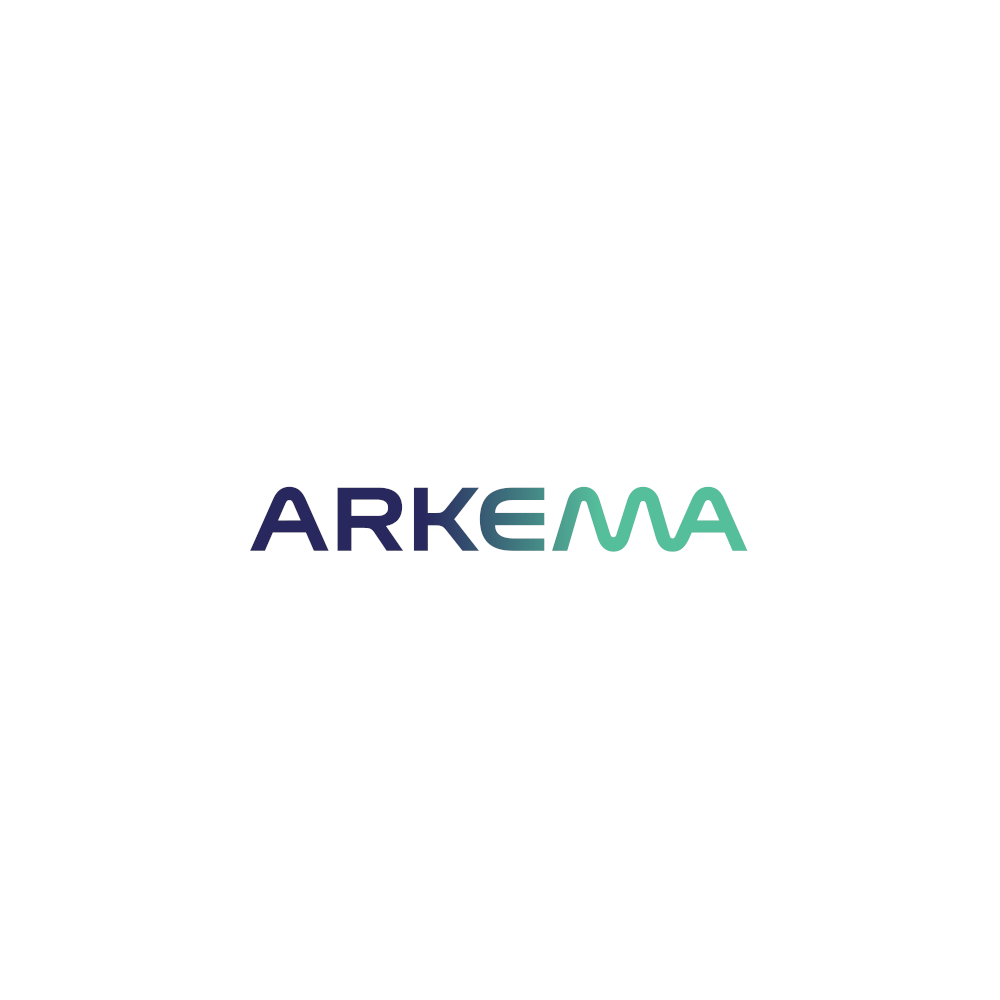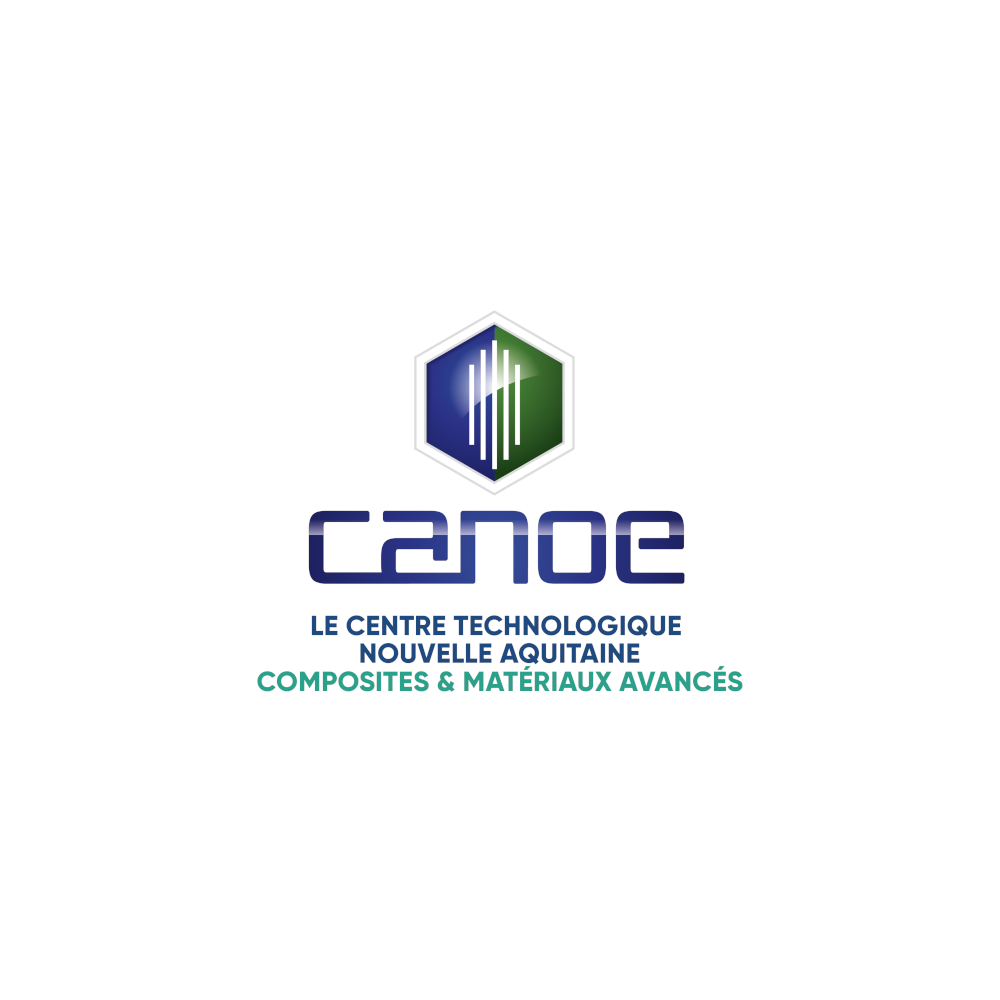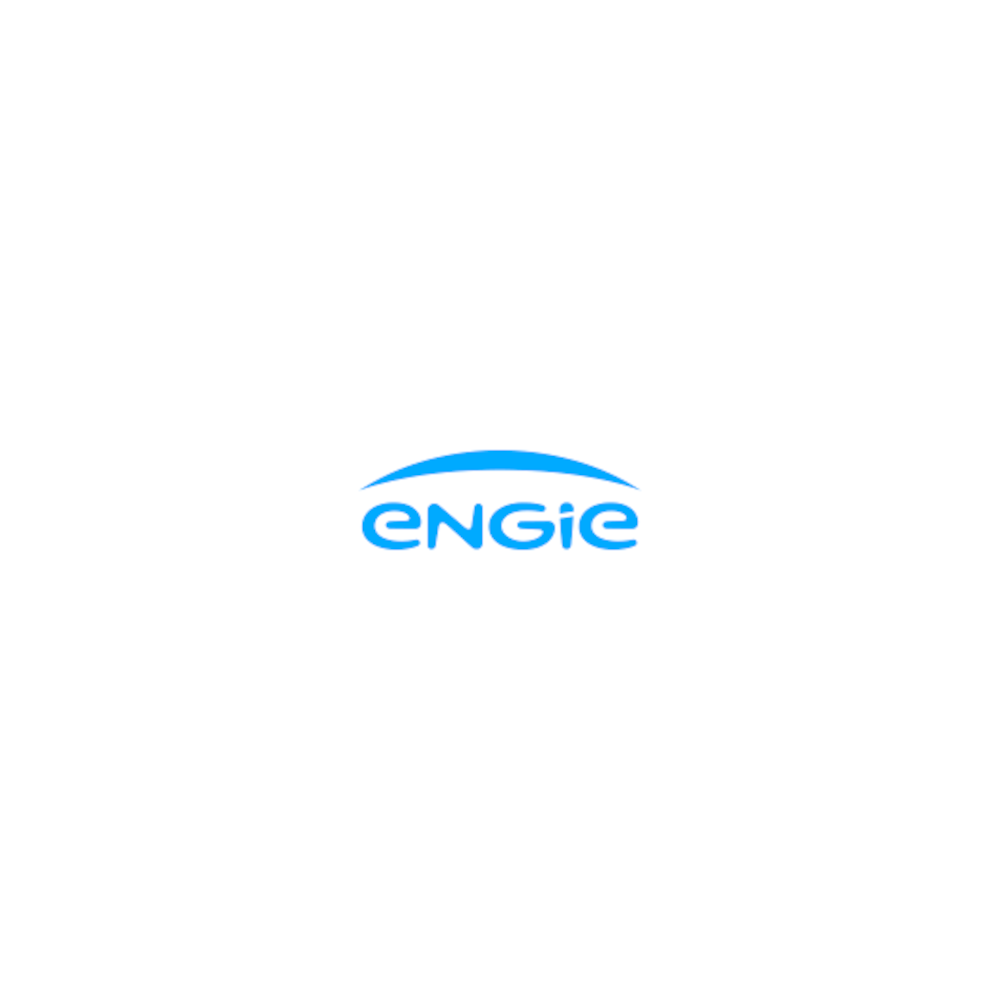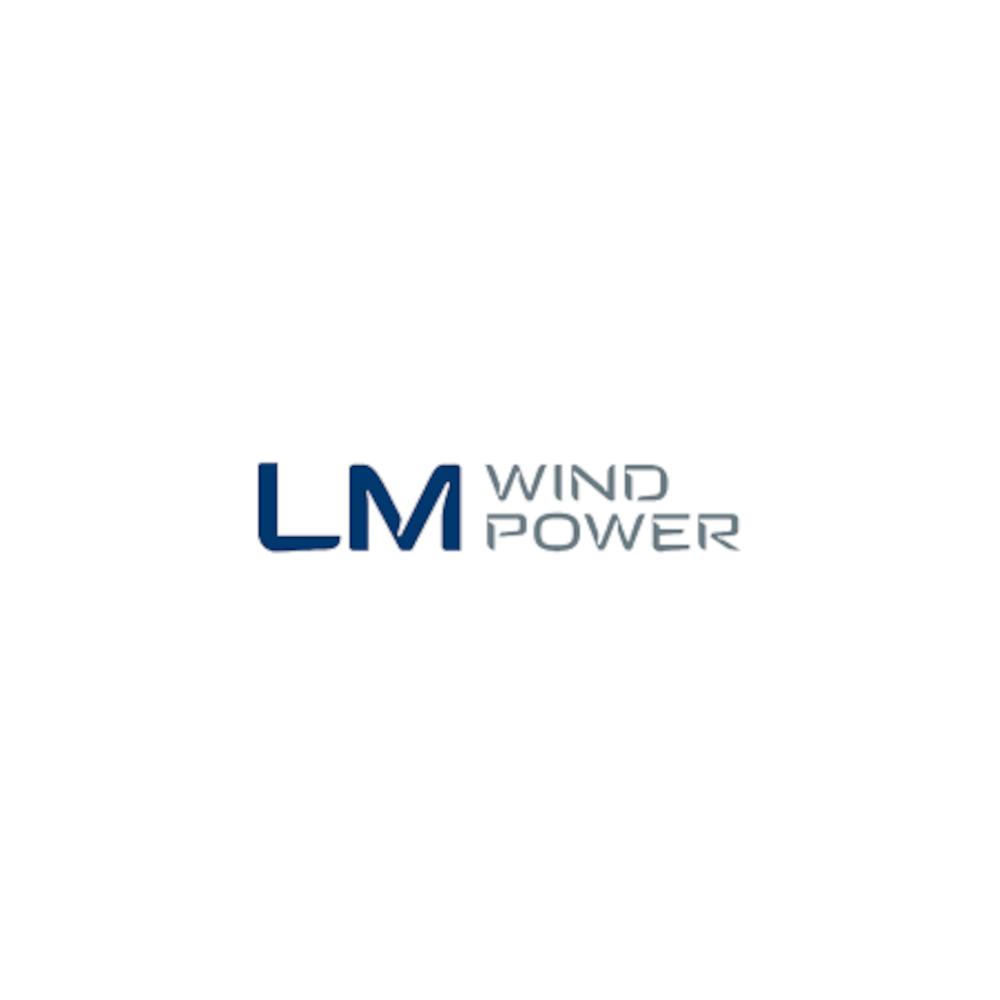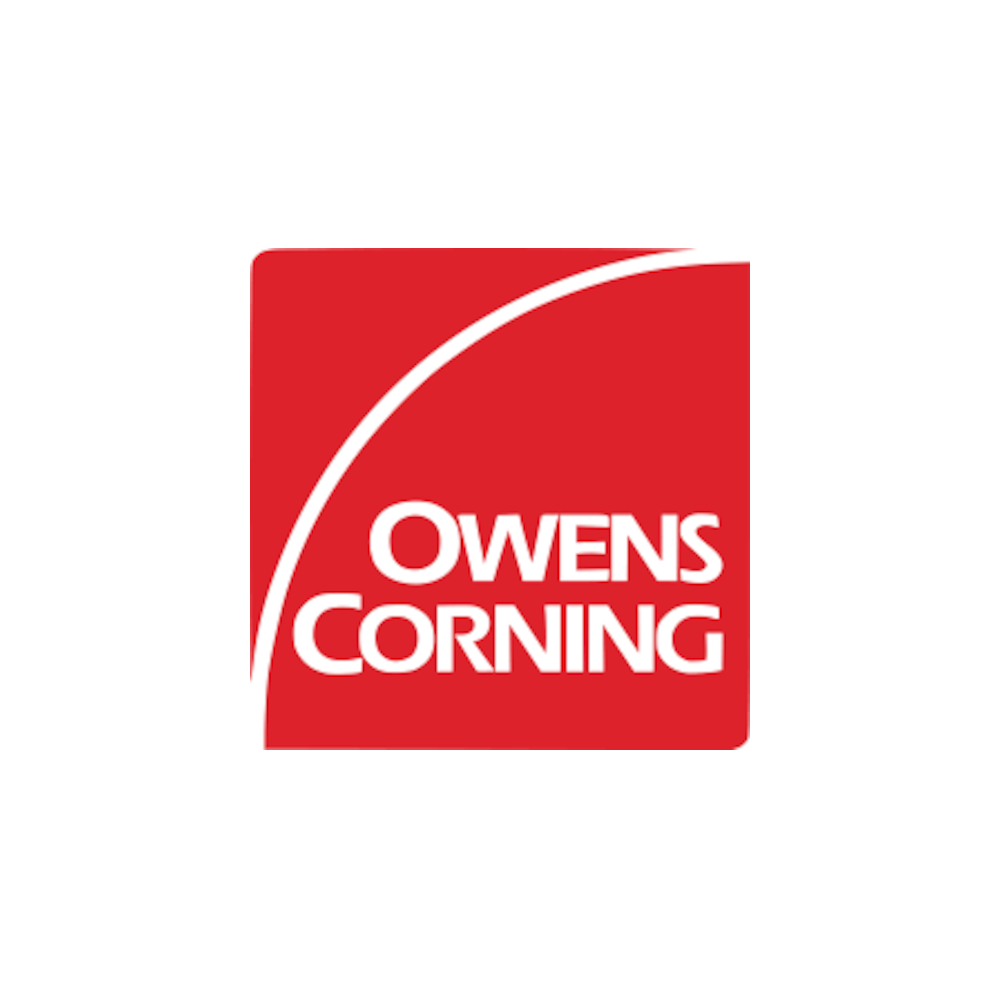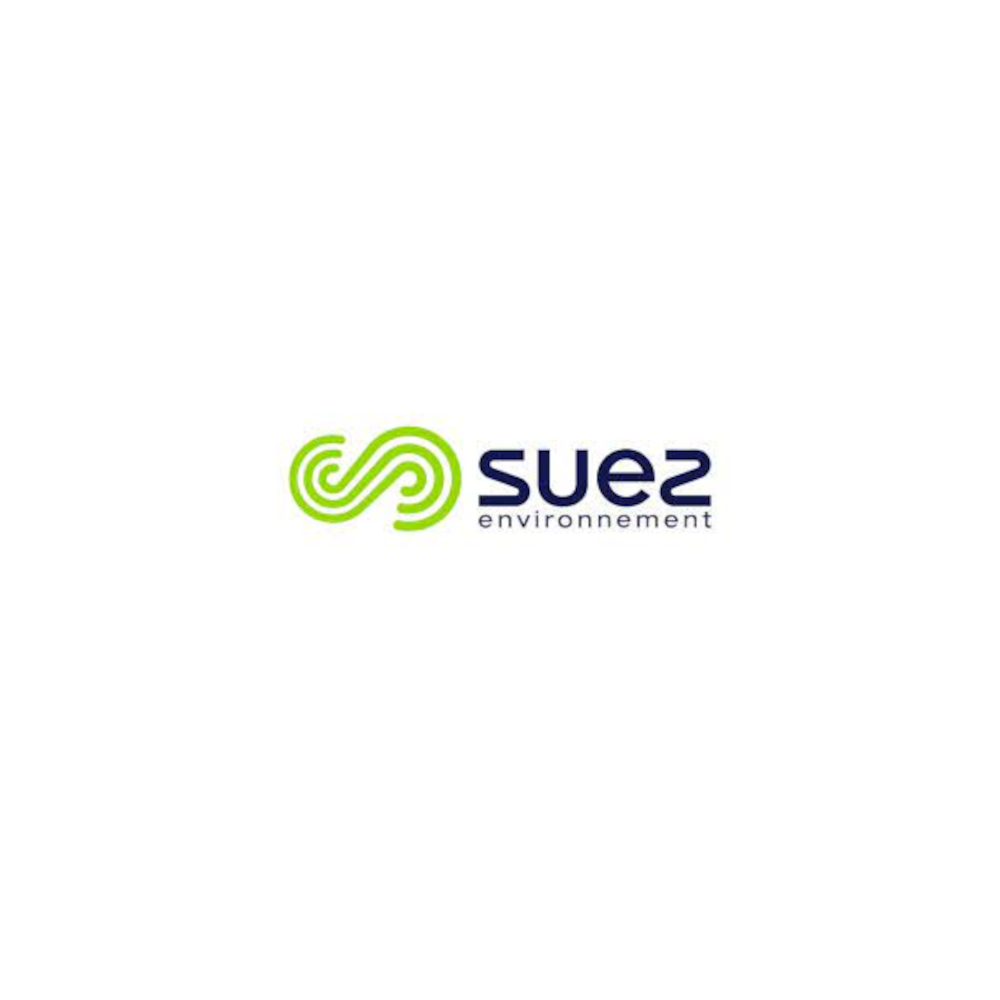IRT Jules Verne
42 months
September 2020
€18,5 million
Goal
The aim of the ZEBRA project is to create the first 100% recyclable wind turbine by developing and optimising each stage of the manufacturing process for wind turbine blades and their recyclability, from the assembly of materials to their separation and waste management. A technical and economic study combined with a life cycle analysis will also be carried out to demonstrate the viability and durability of thermoplastic blades.
CANOE will be working on the formulation of polymers and the development of carbon fibre, as well as on an innovative recycling process for fibre-reinforced acrylic composite material using a dissolution method that provides high value-added recovery of both the methyl methacrylate monomer and the fibre.
As part of its recycling activities, CANOE will be working on two avenues: mechanical recycling to treat production waste (consumables, cut-offs) and innovative physico-chemical recycling for cut-offs and end-of-life waste from the paddle. This high added-value process will enable the acrylic-based materials developed in ZEBRA to recycle the Elium resin and add value to it on the one hand, and the fibres (glass and carbon) on the other.
ZEBRA
Wind power, a renewable, low-carbon energy source, is a major asset for the energy transition. It is the 2nd most widely used source after hydropower for producing renewable electricity.
To accelerate the wind energy market’s transition to a circular economy, the wind energy industry wants to design the first 100% recyclable wind turbine blade.
This is why the ZEBRA project, funded by the Agence Nationale de la Recherche (ANR), has been set up, bringing together manufacturers and research centres.
Comprising 7 partners, ZEBRA aims to demonstrate the technical, economic and environmental feasibility of thermoplastic wind turbine blades, using an eco-design approach to facilitate recycling.
Partners

